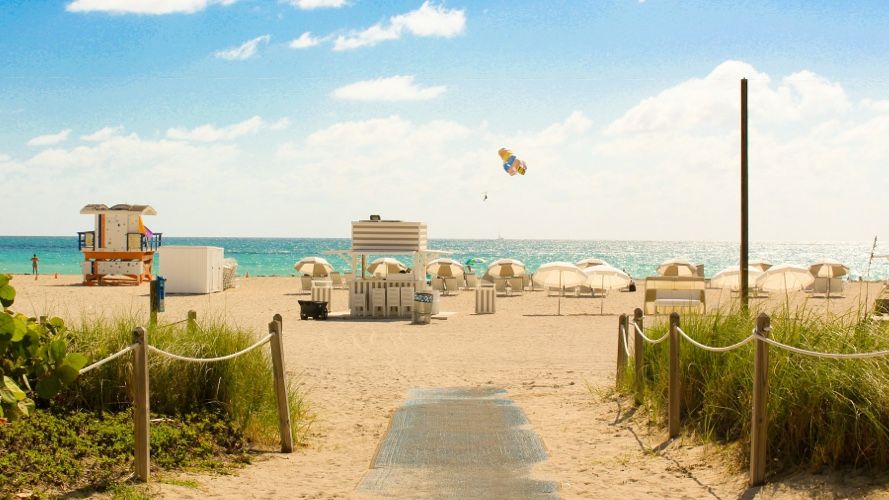- What ages do Florida camps serve?
- Camps typically welcome children aged 5 and older, with some programs for younger kids.
- Are camps equipped to handle heat and sun safety?
- Yes, camps follow guidelines to keep kids hydrated and protected from sun exposure.
- Can camps accommodate dietary restrictions?
- Most camps accommodate allergies and special diets with advance notice.
- What should campers pack for Florida camps?
- Lightweight clothing, swimwear, sunscreen, and insect repellent are essential.
- Are financial aid or payment plans available?
- Some camps offer assistance. Families should contact camps directly for details.
- Is transportation provided to camps?
- Certain camps offer shuttle services; families may also use rental cars.
- How do camps ensure camper safety?
- Trained staff, emergency procedures, and health protocols are standard at quality camps.
